Will exclusive collaborations yield more drug breakthroughs?
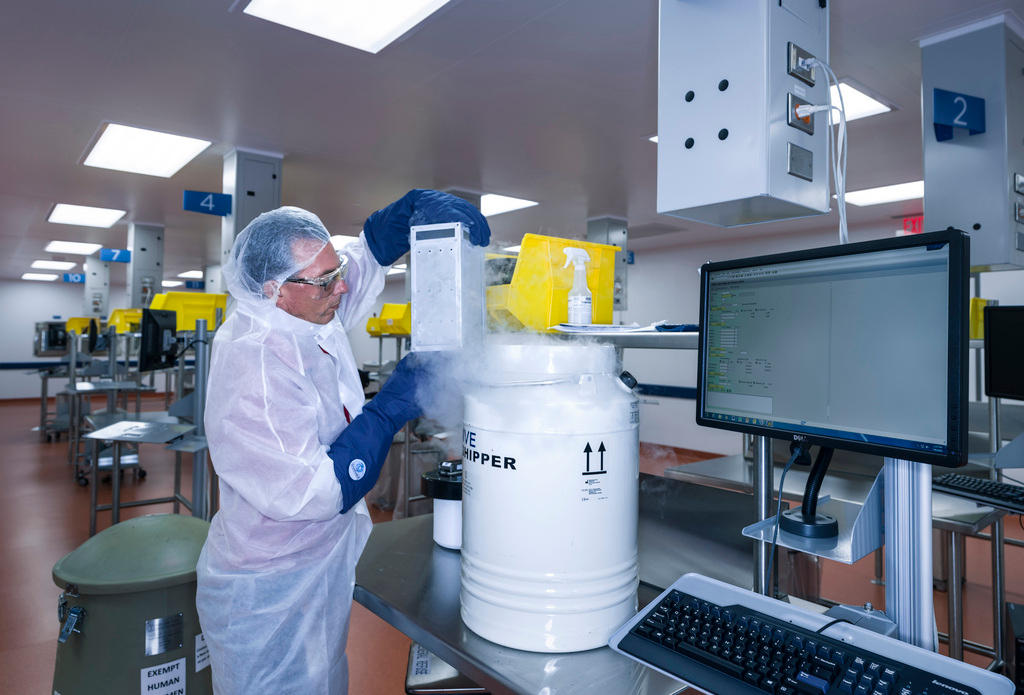
US regulatory approval of a pioneering leukaemia drug licensed to Switzerland’s Novartis marks a pivotal moment in biomedical research, in part because the breakthrough was made through an agreement between Big Pharma and university researchers.
The announcement on Wednesday of the US Food and Drug Administration’s (FDA) approval of Kymriah came earlier than anticipated; the therapy had been recommended for approval a mere six weeks earlier. The US regulatory body’s decision was based on the results of a Novartis-sponsored clinical trial, in which 52 of 63 patients (83%) who received the Kymriah treatment achieved remission from their cancer within three months.
The therapy’s approval made headlines around the globe for the medical paradigm shift it heralds, as well as for its unprecedentedly high price tag. But another game-changing aspect of the therapy is how it came about: Kymriah is the result of a five-year “exclusive global collaboration” between Novartis and the Philadelphia-based University of Pennsylvania.
What is Kymriah and what does it do?
Kymriah, formerly known as CTL019, is a type of immunotherapyExternal link known as a chimeric antigen receptor T cell (CAR-T) therapy, and is first of its kind to receive FDA approval. Kymriah is intended for use in patients with a specific type of childhood leukaemia known as ALLExternal link. It is a one-time treatment that involves modifying a patient’s own T-cells – a type of white blood cell – and then using them to target and destroy cancer cells. Until now, ALL has had a very poor survival rate – fewer than 10% of patients survive five yearsExternal link.
Central to the agreement, struck in 2012, was the construction of the Novartis-Penn Center for Advanced Cellular Therapeutics, which Novartis hailedExternal link as the “first-of-its-kind” for its focus on CAR-T immunotherapy development. It opened on the UPenn campus in 2016External link thanks in part to a $20 million (CHF19.3 million) investment from the Swiss pharmaceutical giant. Novartis also holds the exclusive worldwide license to the CAR-T technology Kymriah is based on, as well as commercial rights to any CAR-T based therapies developed as part of the collaboration.
Though not a unique collaboration, the approval of Kymriah underscores the potential – and the challenges – of such alliances between institutes of higher education and pharmaceutical companies in future biomedical research.
PLACEHOLDER
“Drug discovery is a team sport and no one company can do it alone. Collaborations with academia are critically important,” Sileia Urech, director of Novartis Communications Switzerland, told swissinfo.ch.
“Getting to know a partner and establishing ways of working together can be challenging at first, but this eventually gets worked out and major benefits are realised – such as getting access to different ideas and technologies that can help advance the discovery and development of new medicines.”
In the wake of the fruitful Novartis-Penn agreement, it will remain to be seen whether such collaborations will lead to greater research and development success overallExternal link, especially in light of the historically contrasting cultures of industrial and academic research environments, as well as ethical concerns over the results of industry-sponsored clinical trials.
Swiss investment
In 2016, Novartis invested some CHF3.4 billion in R&D in SwitzerlandExternal link, and currently has several ongoing collaborations with Swiss universities and institutes, including the Federal Technology Institute ETH Zurich and the Paul Scherrer Institute. The company also runs a joint project with the University Hospital Basel, in which tissue samples gathered by the university are made available to Novartis for research into treatments for liver diseases.
“Active engagement with the academic ecosystem in Switzerland will continue to be a priority,” Urech says.
Overall, private sources of funds to institutes of higher education have been on the rise in Switzerland over the last decade or so, reaching 8.4% of total funding in 2014.
In April last year, Swiss public television SRF reported that over 300 collaborations with third parties – mainly private donors – were in place at Swiss universities. Pharmaceutical company Sandoz and its foundation, for example, sponsor six professorships at four Swiss universities in the fields of chemistry and microbiology, SRF reported.

In compliance with the JTI standards
More: SWI swissinfo.ch certified by the Journalism Trust Initiative

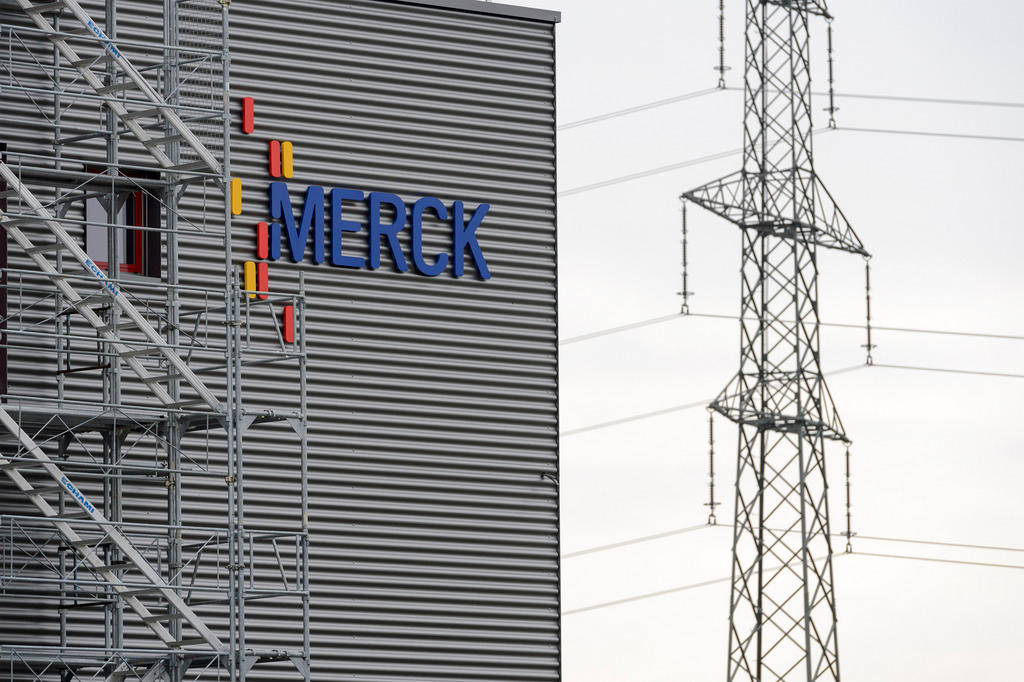

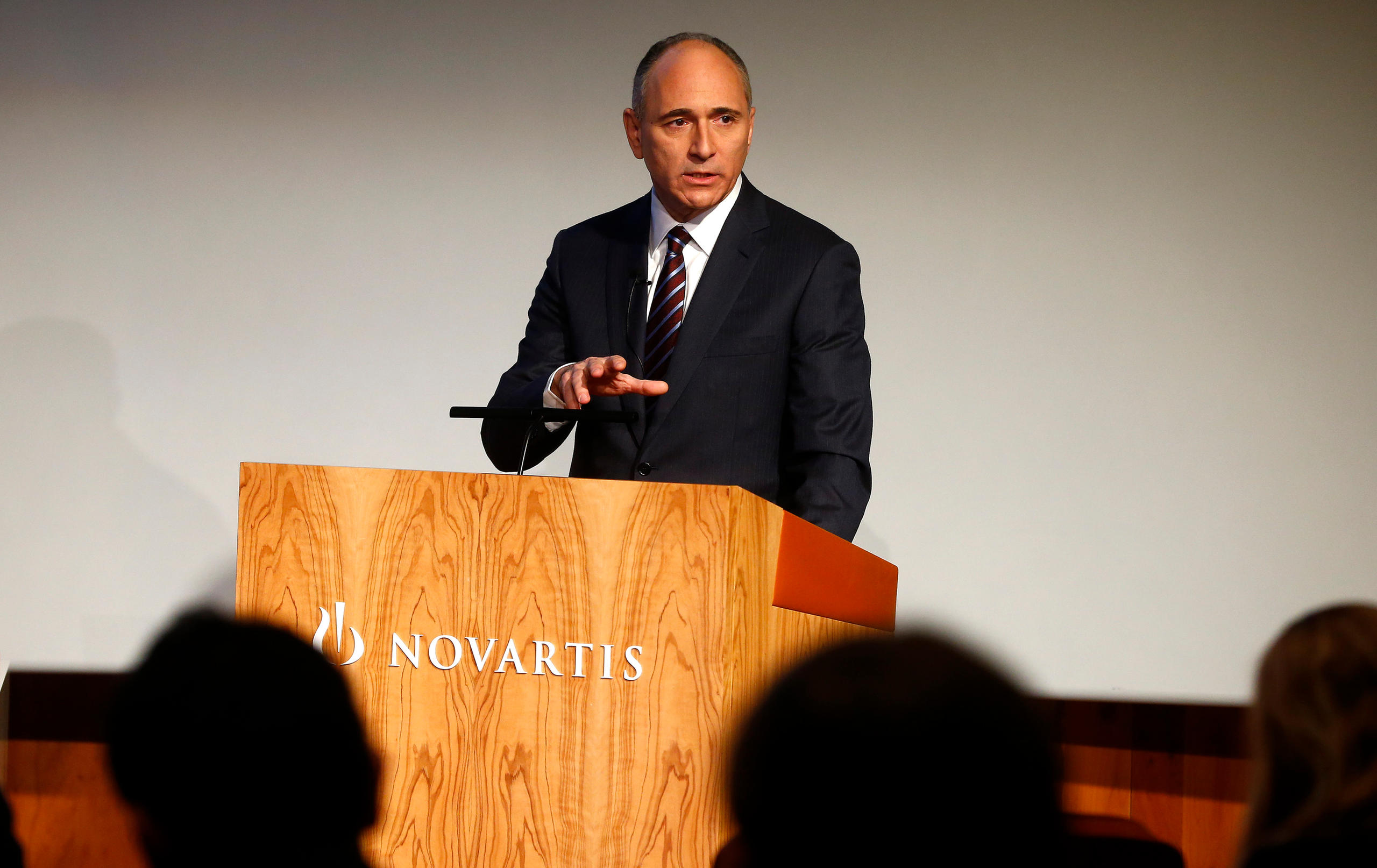
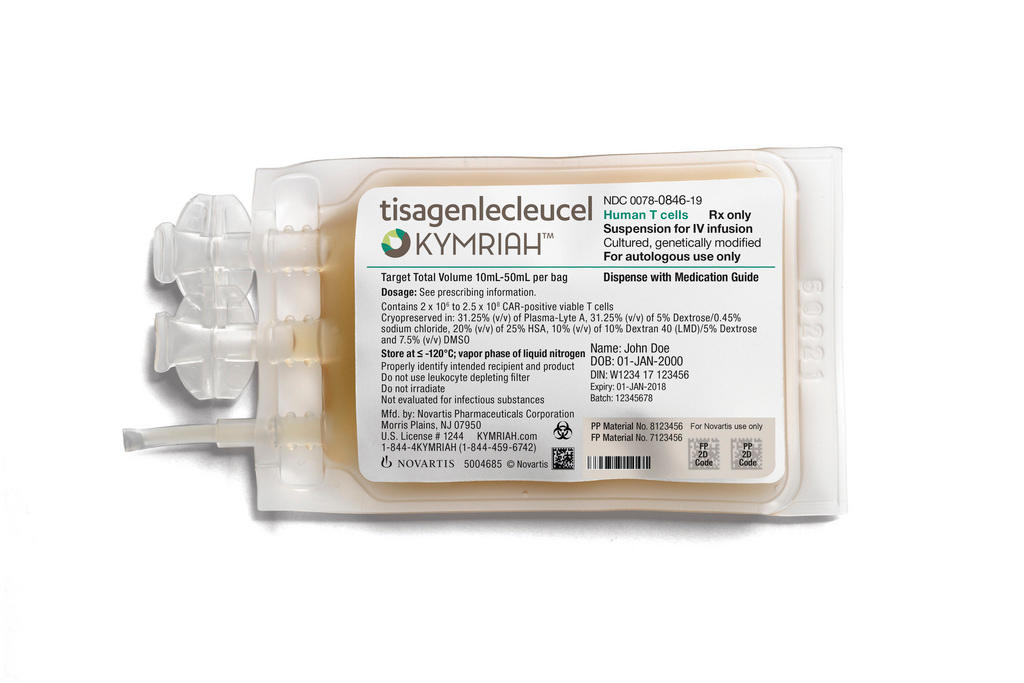
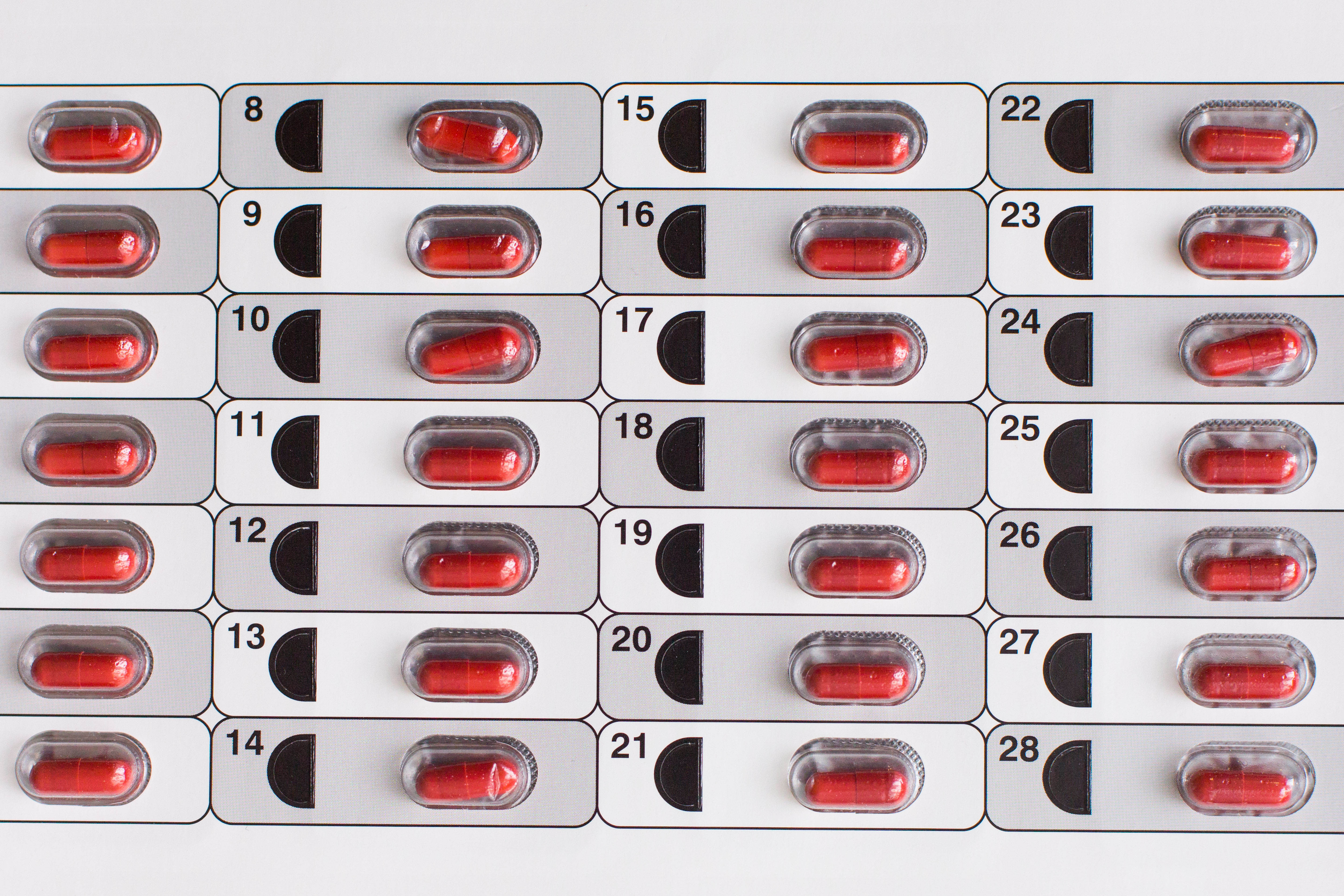
You can find an overview of ongoing debates with our journalists here. Please join us!
If you want to start a conversation about a topic raised in this article or want to report factual errors, email us at english@swissinfo.ch.